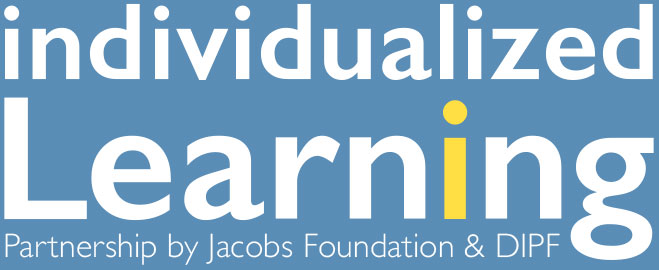Cognitive Development
Lab
Cognitive, socio-emotional, motivational, and volitional processes show dynamics at different time-scale levels, ranging from short-term fluctuations, over day-to-day variation, to long-term changes across the lifespan. We are convinced that research on developmental and educational processes can benefit immensely from investigating the interrelation of such processes (e.g., is cognitive performance related to momentary affect?) and their connection across time-scale levels. This way, we aim at understanding how individual differences in long-term psychological and educational outcomes are produced by complex and individually differing dynamics.
The Cognitive Development Lab investigates such dynamics with intensive longitudinal study designs that are embedded in the real-life environments of children and adults.
Our research includes the development of self-report instruments and cognitive tasks for ambulatory assessment studies and of advanced statistical models for (connecting) short-term dynamics and longer-term change processes. Based on the identification of individual differences in the short-term dynamics, we furthermore aim at developing and evaluating individualized interventions that are applicable in everyday life contexts.
Current projects:
DESIGN
INCLASS
UPWIND
zEbra
Finalized project:
SASCHA
EDUCATE
Selected Publications
Blume, F. & Schmiedek, F. (2024). It Counts in Every Single Lesson: Between-and Within-Person Associations Between Student-Perceived Teaching Quality and Student Self-Regulation. Learning and Instruction.
Irmer, A & Schmiedek, F. (2023). Associations between youth’s daily social media use and well-being are mediated by upward comparisons. Communications Psychology.
Irmer, A & Schmiedek, F. (2023). How accurate do children indicate their smartphone social media use? A comparison of subjective and objective reports in children’s everyday lives. Zeitschrift für Psychologie.
Blume, F., & Schmiedek, F. (2023, preprint). It Counts in Every Single Lesson: Between-and Within-person Associations Between Student-perceived Teaching Quality and Student Self-regulation.
Blume, F., Irmer, A., Dirk, J., Schmiedek, F. (2022). Day-to-day variation in students’ academic success: The role of self-regulation, working memory, and achievement goals. Developmental Science.
Galeano-Keiner, E. M., Neubauer, A. B. , Irmer, A., & Schmiedek, F. (2022). Daily fluctuations in children’s working memory accuracy and precision: Variability at multiple time scales and links to daily sleep behavior and fluid intelligence. Cognitive Development.
Neubauer, A. B., Schmidt, A., Kramer, A., Schmiedek, F. (2021). A little autonomy support goes a long way: Daily autonomy-supportive parenting, child well-being, parental need fulfillment, and change in child, family, and parent adjustment across the adaptation to the COVID-19 pandemic. Child Development.
Schmidt, A., Neubauer, A. B., Dirk, J., & Schmiedek, F. (2020). The bright and the dark side of peer relationships: Differential effects of relatedness satisfaction and frustration on affective well-being in children’s daily lives. Developmental Psychology.
Schmiedek, F., & Neubauer, A. B. (2020). Experiments in the wild: Introducing the within-person encouragement design. Multivariate Behavioral Research.
Neubauer, A. B., Dirk, J., & Schmiedek, F. (2019). Momentary working memory performance is coupled with different dimensions of affect for different children: A mixture model analysis of ambulatory assessment data. Developmental Psychology.
Dirk, J. & Schmiedek, F. (2016). Fluctuations in elementary school children’s working memory performance in the school context. Journal of Educational Psychology.
Our Team









